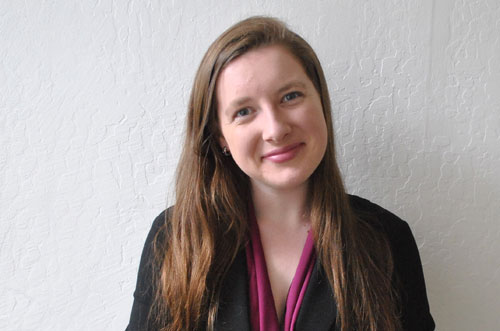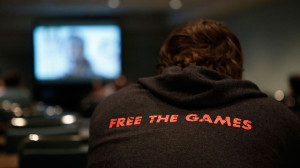A new study finds what we’ve know for a while now: the video game industry is sexist. When a huge swath of people working in the field were asked if they had “experienced, to some degree, sexual harassment either at my office, or in another game industry gathering,” the divide was clear: 60% of women agreed and only 20% of men. To get behind the numbers and learn more about how sexism is affecting one of the world’s largest entertainment industries, I sat down with the lead researcher, Jennifer Allaway, a delightfully brash undergrad studying at Willamette University in Oregon. We started with inspiration.
The study was sparked by this article focusing on the male gaze in games by Brandon Sheffield over on Gamasutra:
“I know why we put ladies in … ridiculous costumes, and I know why [we don’t] get what the problem is. It’s because we, the people making the decisions on these games, are largely men, largely heterosexual, and as such we like looking at boobs and butts, and we are making this game for others who feel the same way, which is inherently limiting.”
From inspiration to the study’s completion was a bit of a whirlwind. “I talked to my advisor; he recommended a grant project the school funded. I applied, was accepted, and here we are over a year later!”

Why such an enormous undertaking for one undergrad? “No one has actually tried to… document the sexisim in the games industry.” No one. Ever. This study is the first of its kind. But why do a study to prove what most people already assumed was true? Because anecdotes aren’t evidence. Much like the recent discovery of gravitational waves, which proved a long-theorized model of the expansion of space after the Big Bang, these numbers prove our working model. Empirical studies give us numbers to point to and use as guides for hiring decisions and management of workplace culture. Jennifer put it this way: “I personally feel that the discourse about gender in the game industry has been productive but is also facing an impending downward spiral. I was hoping that … by bringing statistics to the table I could add a layer of academic discussion” to a subject that has otherwise been only anecdotally supported.


